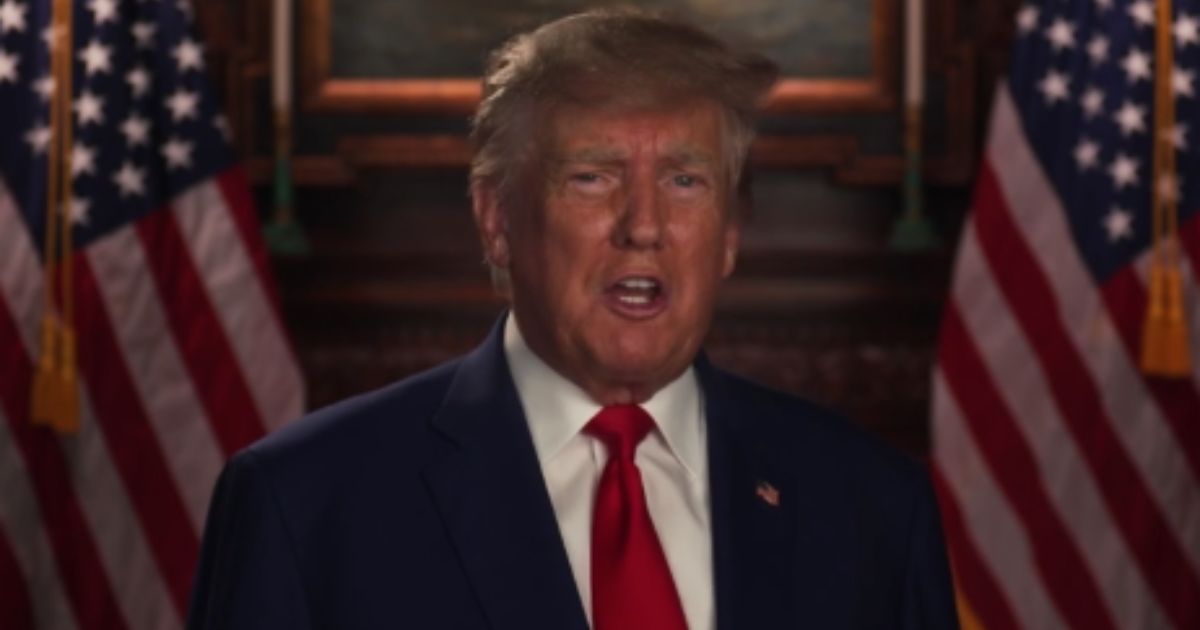A prominent figure in American journalism and broadcasting who exposed major frauds and later became the director of Voice of America has passed away.
According to The New York Times, Richard Carlson, father of conservative commentator Tucker Carlson, died from pneumonia on March 24 at his home in Boca Grande, Florida.
From humble beginnings as an orphan to becoming a respected journalist and government official, Carlson's life journey reflected remarkable resilience and determination.
Born with rickets to an unmarried teenager who later abandoned him at an orphanage, he overcame early challenges, including jail time and expulsion from high school, before enlisting in the Navy and embarking on his journalism career.
Distinguished Career in Investigative Journalism
Carlson's journalistic pursuits began in the early 1960s when he worked as a copy boy at the Los Angeles Times. His career evolved through various roles, including reporting for United Press International and television journalism, where he earned recognition for his investigative work.
In 1975, while working at KABC-TV in Los Angeles, Carlson achieved one of his most significant accomplishments. Together with producer Pete Noyes, he won a Peabody Award for exposing fraudulent claims by G. Elizabeth Carmichael and her Twentieth Century Motor Car Company.
The investigation revealed not only the company's deceptive practices but also uncovered that Carmichael was transgender.
His investigative work extended beyond corporate fraud. In 1976, while working as an anchorman for KFMB-TV in San Diego, Carlson broke the story about tennis player Renee Richards' gender transition, despite her initial denials and pleas to withhold the information.
Leadership at Voice of America During Cold War
After transitioning from journalism, Carlson took on a crucial role in international broadcasting. In 1986, he became the acting director of Voice of America under President Ronald Reagan's administration, serving until 1991.
During his tenure, Voice of America experienced significant expansion, broadcasting news programming in 49 languages to countries with limited access to independent journalism.
Carlson spoke passionately about the organization's mission, as evidenced in his statement:
Our most important job is supplying what Maestro Rostropovich once described as 'daily bread for people,' and that is what we are doing, intellectually feeding hungry people.
Carlson's leadership coincided with momentous changes in global politics, particularly regarding the Soviet Union. He promoted initiatives to strengthen Voice of America's reach, including a proposed $400 million shortwave relay station in Israel's Negev desert.
Distinguished Public Service Career
Following his departure from Voice of America, Carlson continued to serve in various prestigious positions.
His roles included serving as ambassador to the Seychelles, leading the Corporation for Public Broadcasting, and working as president of a division at King World Productions that syndicated popular shows like "The Oprah Winfrey Show."
Throughout his career, Carlson maintained strong connections with influential figures and demonstrated a commitment to various causes. His passion for animal welfare led him to serve as president of Actors and Others for Animals, earning him an Emmy Award for a news special about inhumane shelter conditions.
Legacy of Leadership and Journalism
Richard Carlson's death occurred during a critical period for Voice of America, an organization he cherished.
His son Tucker revealed that his father remained unaware of President Trump's executive order, issued shortly before his death, which aimed to dismantle the government-funded broadcaster.
Carlson's impact on journalism and public broadcasting continues to resonate through his investigative work and leadership in international broadcasting. He leaves behind his sons Tucker and Buckley, five grandchildren, and a legacy of commitment to truth in journalism and public service.





